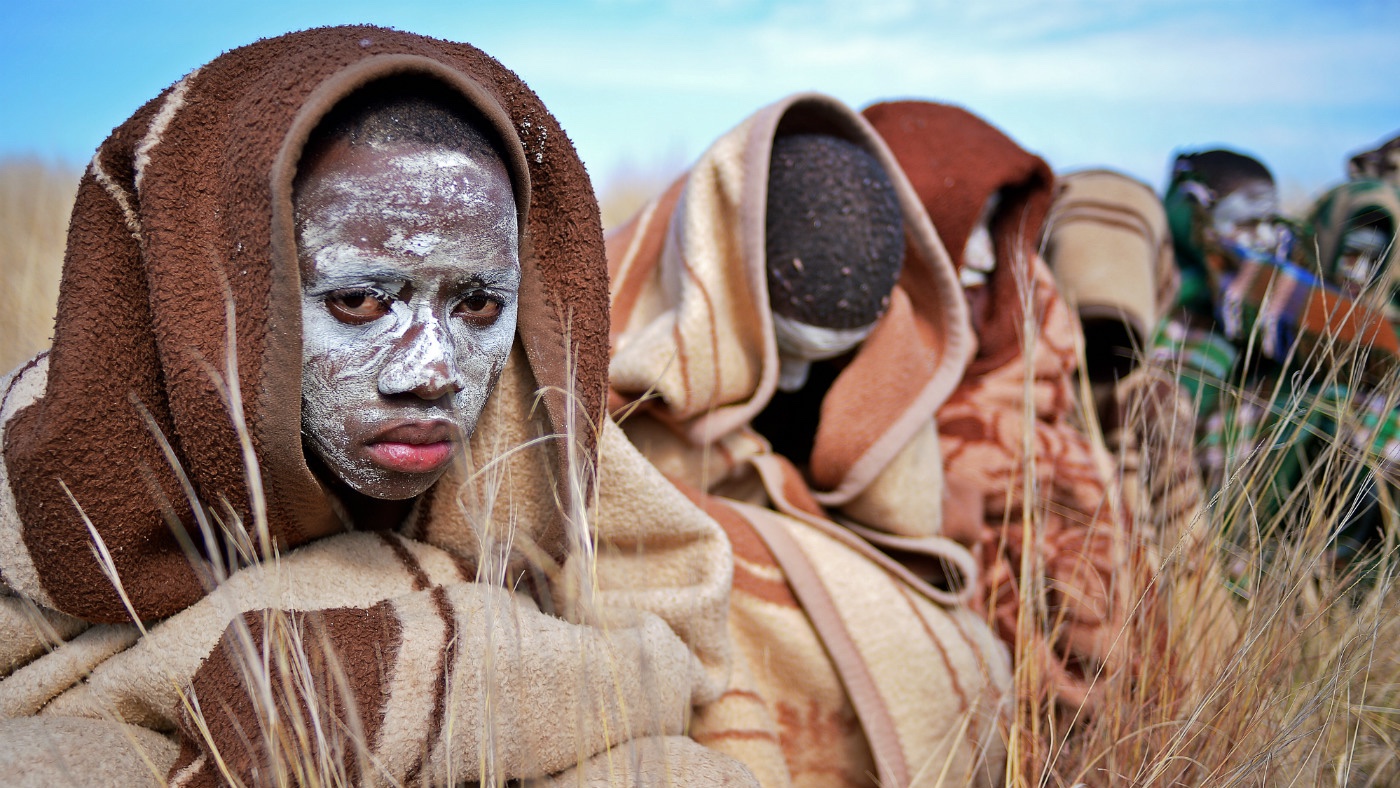Why South Africa leads the world in penis transplants
South African doctors completed the world's third ever penis transplant with a white donor and a black recipient

A free daily email with the biggest news stories of the day – and the best features from TheWeek.com
You are now subscribed
Your newsletter sign-up was successful
On 21 April 2017 South African doctors conducted the world’s third-ever penis transplant. The operation conquered a new frontier for the procedure: it involved a white donor and a black recipient.
Due to a lack of donors, the doctors could not find an organ from someone of the same race. The donor in this case was a 21-year-old left brain dead after a severe asthma attack. His family were initially reluctant donate the appendage but finally gave doctors the go-ahead for the difficult nine-hour procedure.
The recipient was a 40-year-old who lost his penis 17 years ago due to complications resulting from a traditional circumcision, says Health 24.
The Week
Escape your echo chamber. Get the facts behind the news, plus analysis from multiple perspectives.

Sign up for The Week's Free Newsletters
From our morning news briefing to a weekly Good News Newsletter, get the best of The Week delivered directly to your inbox.
From our morning news briefing to a weekly Good News Newsletter, get the best of The Week delivered directly to your inbox.
“Traditional circumcision has claimed many young lives in South Africa. For this patient, life will never be the same again,” Dr Nomafrench Mbombo told Health 24.
As a result of the tradition of male circumcision in several communities - including the amaXhosa, South Africa’s second largest ethnic group - South Africa has the world’s highest rate of penis amputations.
Around 48,000 circumcisions took place in 2015 and most occur in Cape, the country’s poorest province. When the procedure has complications, which happens often in unsanctioned and unsanitary facilities, the results can be disastrous.
The procedure “leads to dozens of South African men’s deaths each year - many from dehydration or septicemia. As many as 46 initiates died in the Eastern Cape in the 2015-2016 season alone,” Quartz says.
A free daily email with the biggest news stories of the day – and the best features from TheWeek.com
Legislation aimed at reducing the death rate has had little impact, and those who survive botched circumcisions often have no choice but to undergo complete amputation.
Azola Nkqinqa was circumcised in 2013 at the age of 18. While the advised method for circumcisions is to use razors, his ritual was performed using a knife that was also used on 13 other boys.
After noticing Nkqinqa was suffering from dehydration and that his penis was changing colour, local community activist Patrick Dakwa decided to pull him out of the ritual and take him to seek medical attention.
“If he [had been] there for the next 12 hours, he might be one of the statistics, counted as a dead person,” Dakwa told Quartz.
Nkqinqa ultimately had to have his penis removed and experience the social stigma that haunts many men in South Africa who experience botched circumcisions and ‘lose’ their manhood. He dropped out of school and turned to alcohol.
“Nkqinqa doubts he will ever be able to have a child," Quartz says, "but if he does, he says he would not allow his son to participate in traditional circumcision.”
-
 How the FCC’s ‘equal time’ rule works
How the FCC’s ‘equal time’ rule worksIn the Spotlight The law is at the heart of the Colbert-CBS conflict
-
 What is the endgame in the DHS shutdown?
What is the endgame in the DHS shutdown?Today’s Big Question Democrats want to rein in ICE’s immigration crackdown
-
 ‘Poor time management isn’t just an inconvenience’
‘Poor time management isn’t just an inconvenience’Instant Opinion Opinion, comment and editorials of the day
-
 Epstein files topple law CEO, roil UK government
Epstein files topple law CEO, roil UK governmentSpeed Read Peter Mandelson, Britain’s former ambassador to the US, is caught up in the scandal
-
 Iran and US prepare to meet after skirmishes
Iran and US prepare to meet after skirmishesSpeed Read The incident comes amid heightened tensions in the Middle East
-
 Israel retrieves final hostage’s body from Gaza
Israel retrieves final hostage’s body from GazaSpeed Read The 24-year-old police officer was killed during the initial Hamas attack
-
 China’s Xi targets top general in growing purge
China’s Xi targets top general in growing purgeSpeed Read Zhang Youxia is being investigated over ‘grave violations’ of the law
-
 Panama and Canada are negotiating over a crucial copper mine
Panama and Canada are negotiating over a crucial copper mineIn the Spotlight Panama is set to make a final decision on the mine this summer
-
 Why Greenland’s natural resources are nearly impossible to mine
Why Greenland’s natural resources are nearly impossible to mineThe Explainer The country’s natural landscape makes the task extremely difficult
-
 Iran cuts internet as protests escalate
Iran cuts internet as protests escalateSpeed Reada Government buildings across the country have been set on fire
-
 US nabs ‘shadow’ tanker claimed by Russia
US nabs ‘shadow’ tanker claimed by RussiaSpeed Read The ship was one of two vessels seized by the US military